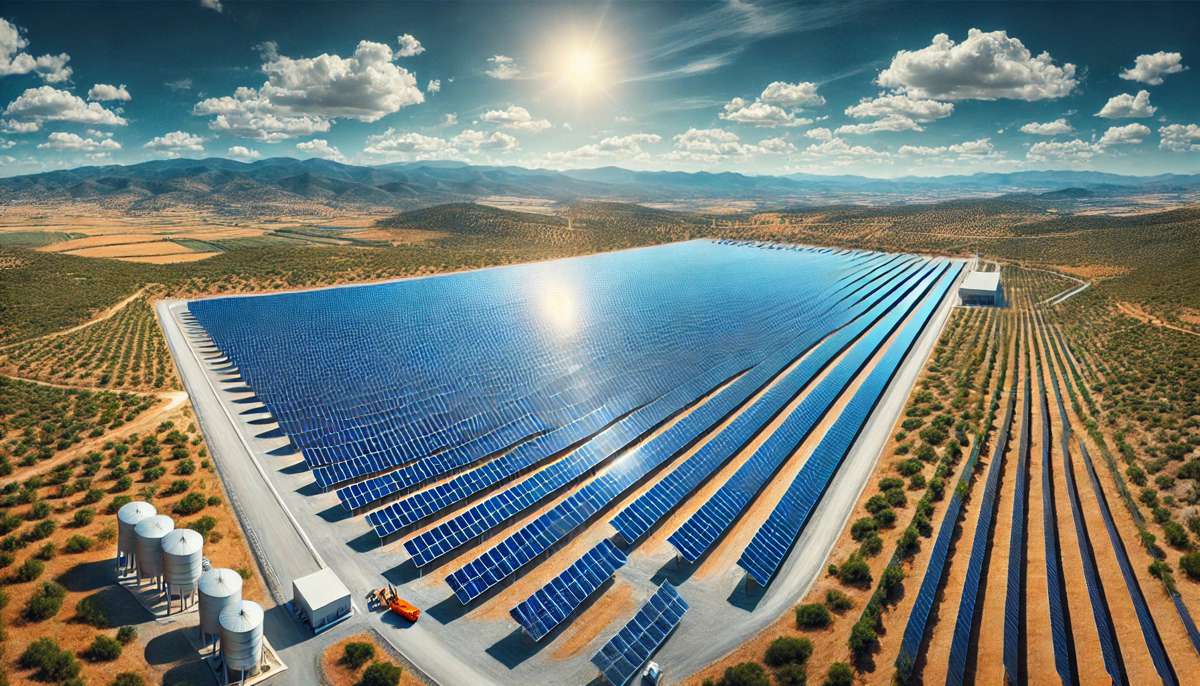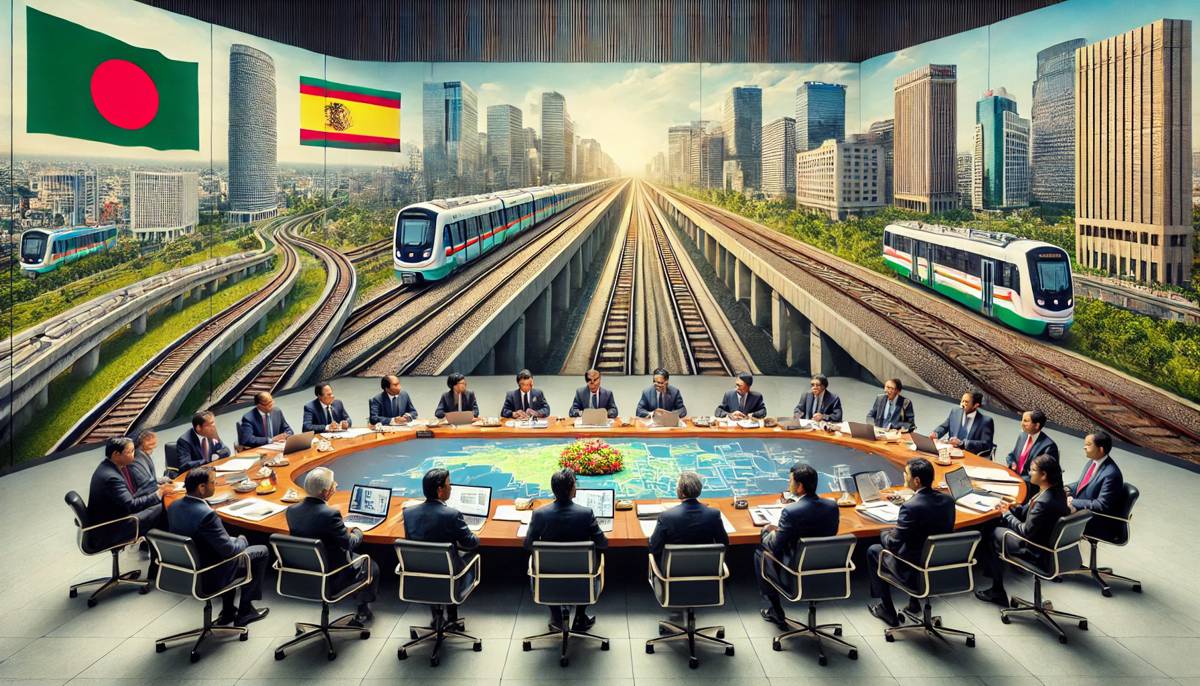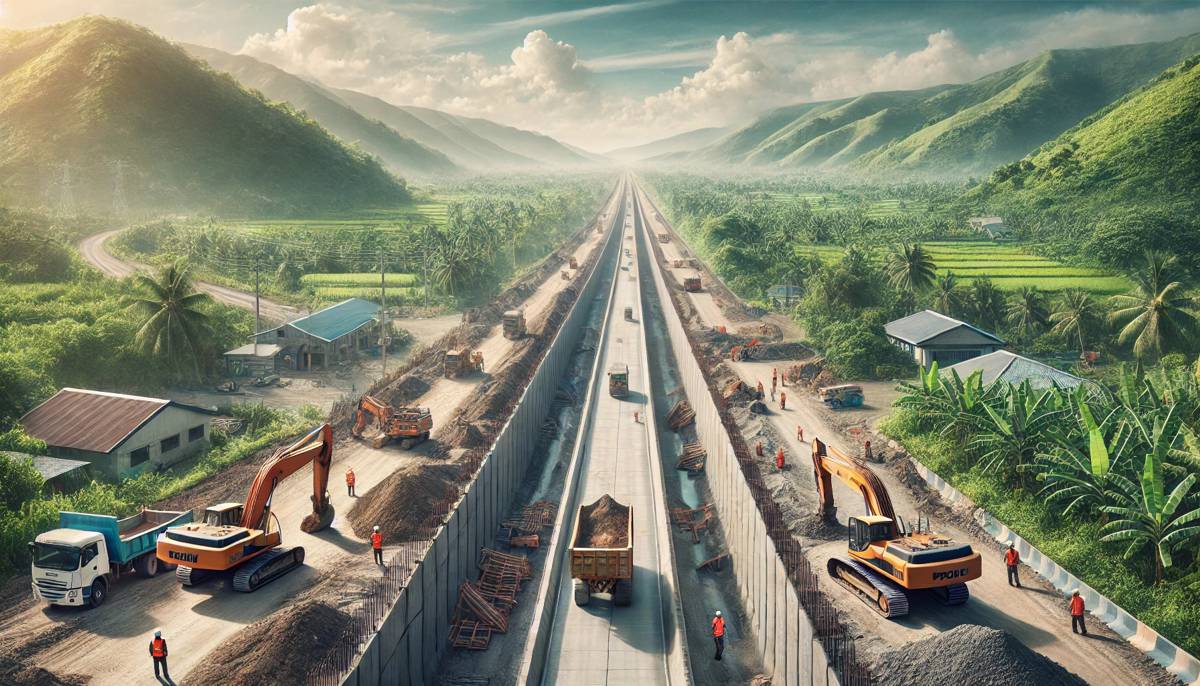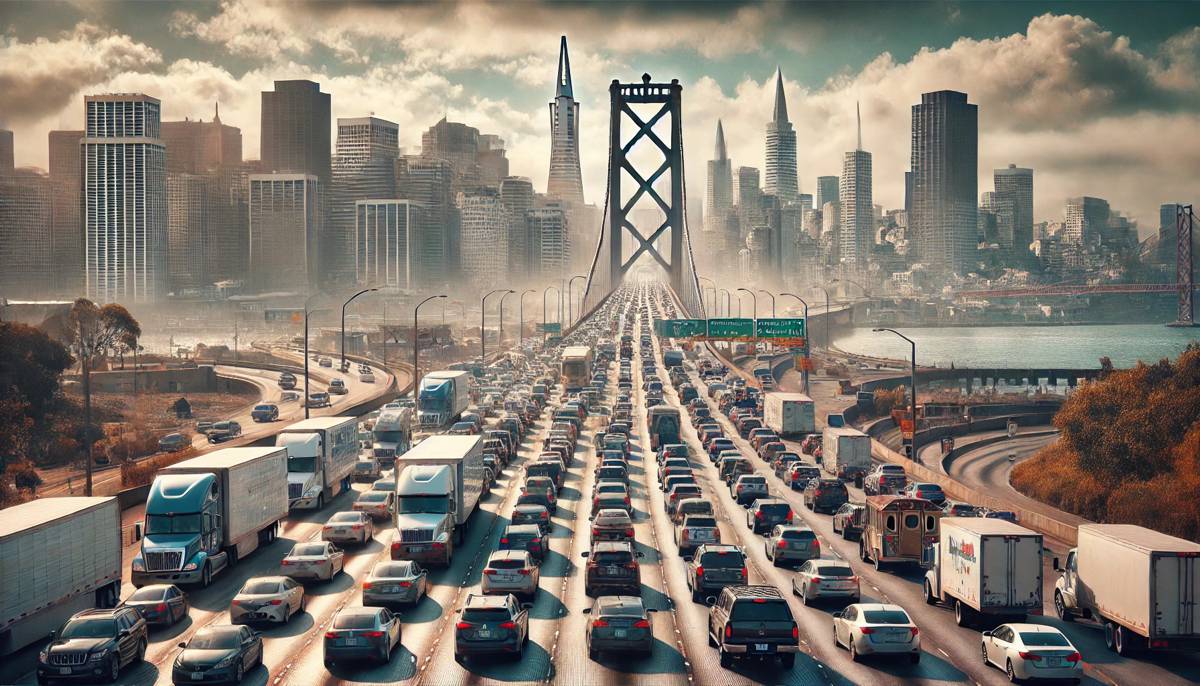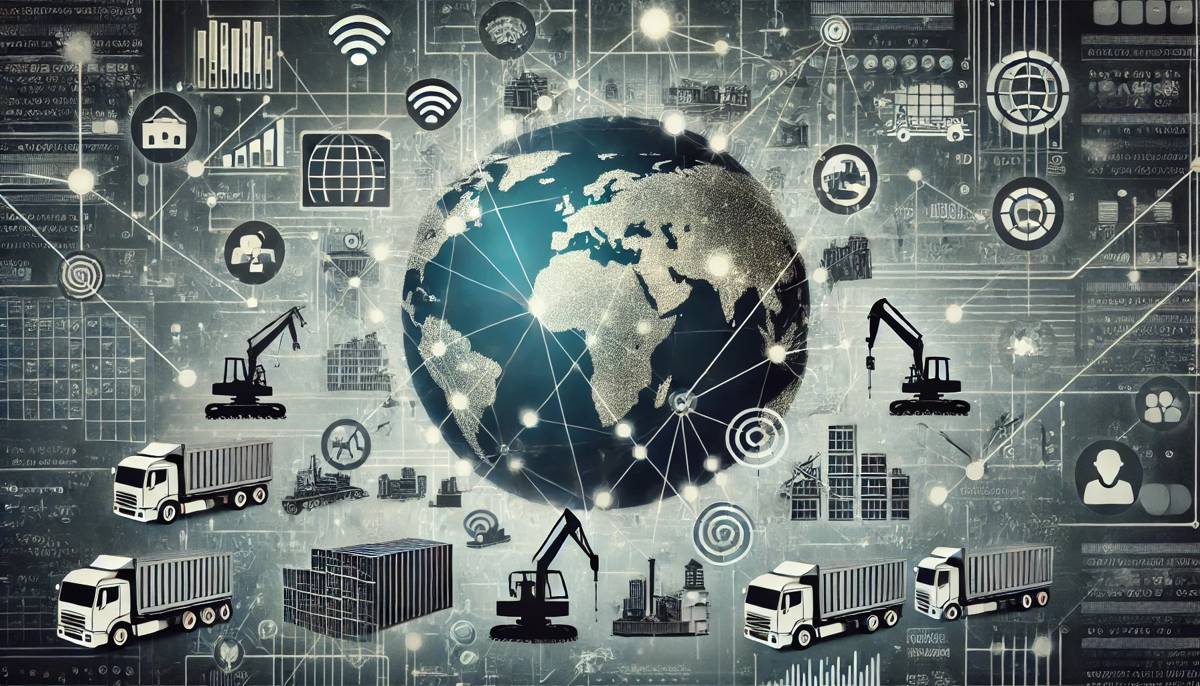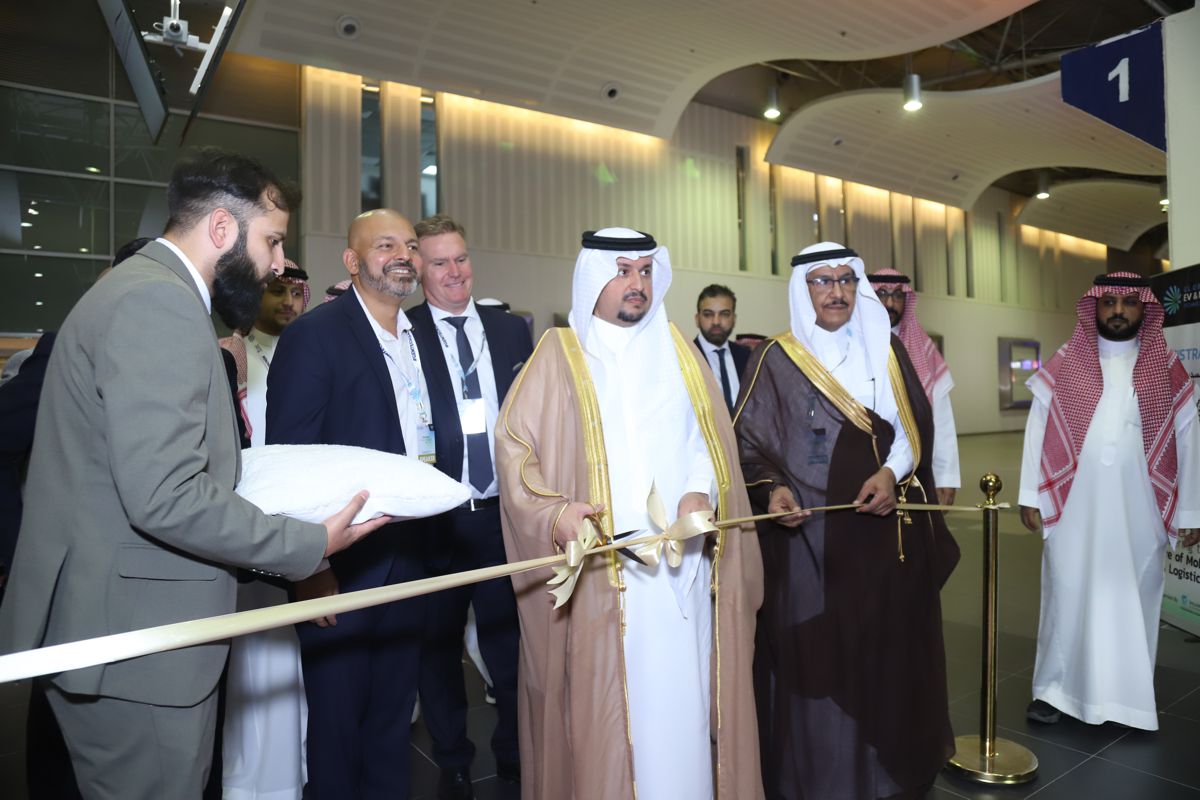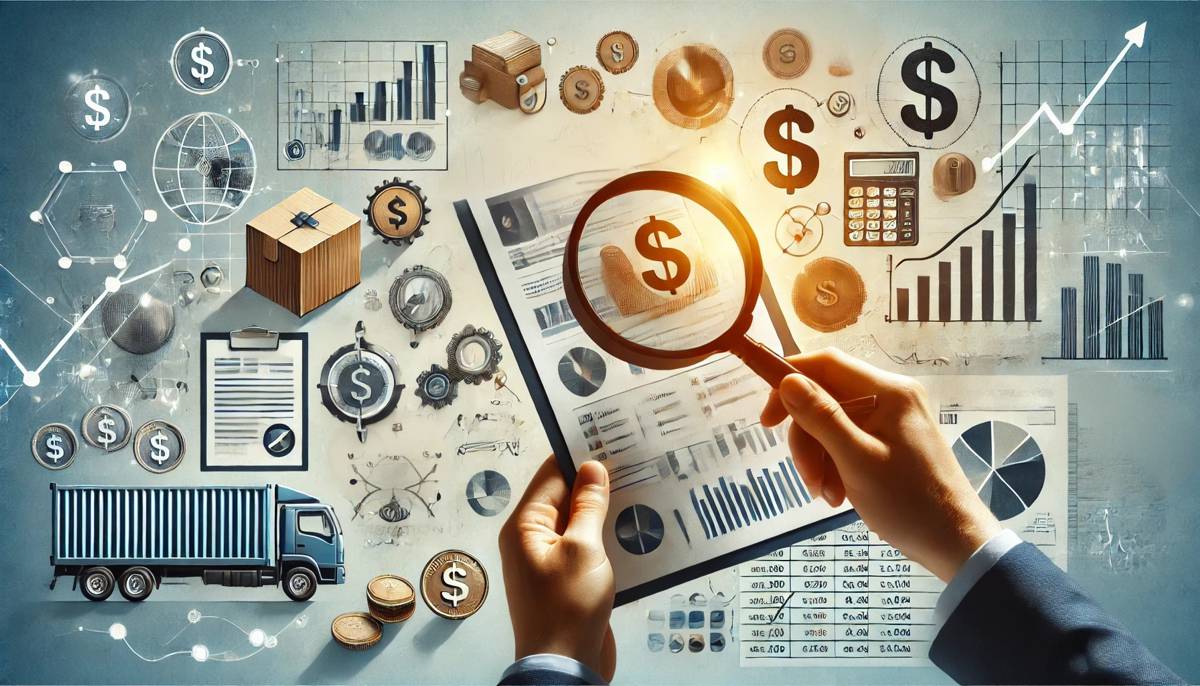ADB supports $150m infrastructure development in 2 Growing Bangladesh cities
The Asian Development Bank (ADB) has approved loans totaling $150 million to finance crucial infrastructure such as roads and drains and build capacity in two densely populated and fast-growing city regions of Bangladesh, Dhaka and Khulna.
“City region development can improve living conditions by relieving congestion in the core city and promoting growth through planning, institutional development, and infrastructure investments across administrative boundaries,” said ADB Senior Urban Development Specialist Ms. Alexandra Vogl. “ADB’s Second City Region Development Project will make investments in several municipalities throughout the two city regions to promote easier mobility for the residents, greater flood resilience, improved solid waste management, and generally a better life for all in the project areas.”
In 2018, about 61 million people, or 37% of Bangladesh’s total population of 164 million, lived in urban areas. This urban population is expected to swell to 74 million by 2025, or 42% of the national population, with Dhaka becoming the world’s fourth largest urban agglomeration. Urbanization offers the chance for greater economic productivity but places severe strains on the environment, infrastructure, and services. The number of urban poor is growing as migrants from rural areas flood to the cities, resulting in the proliferation of slums.
A “city region” is an agglomeration of a large city with its surrounding pourashavas (secondary towns) and adjacent peri-urban areas in upazilas (subdistricts).
Closer coordination among fragmented institutions in city regions and increased mobility within the agglomerations are critical to sustainable growth. Investments to improve city regions’ resilience to climate and disaster risks triggered by earthquakes, floods, droughts, and cyclones are also essential.
ADB launched a first City Region Development Project in 2010 backed by a $120 million loan to upgrade roads, bridges, and bus terminals; improve storm drains to reduce flooding; and upgrade water supply, sanitation, and solid waste management. The second project approved today builds on the lessons learned and past gains in community awareness, institutional capacity, and coordination among municipalities. Investments will be based on priorities identified in regional development plans for the two city regions.
The project will support the rehabilitation of 300 kilometers (km) of urban roads in the Dhaka city region and 30 km of drains around Dhaka and 120 km around Khulna. It will also fund the preparation of an integrated solid waste management plan including the construction of a composting plant for Khulna.
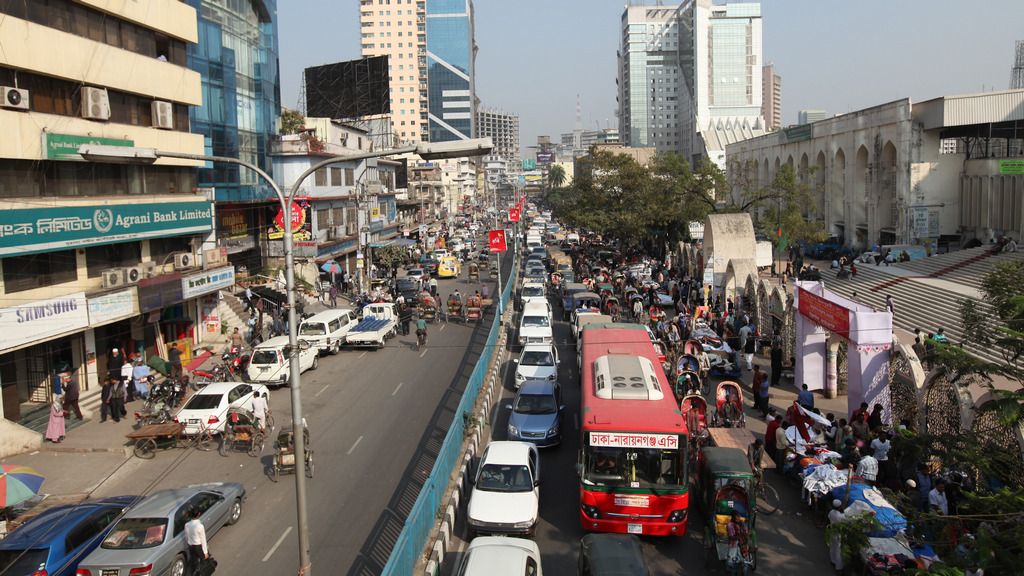
To strengthen capacity, the project will help identify priority investments, prepare or update various plans, and provide training in pourashavas and city corporations in integrated urban planning, sustainable service delivery, and operation and maintenance of urban infrastructure. To reduce startup delays for future projects, support for the preparation of detailed engineering designs for investments involving the latest technologies and smart applications will be provided. This will include integrated real-time data platforms and sensors, advanced building materials, and geotechnical engineering. The project will also conduct community awareness campaigns on reducing, reusing, and recycling solid waste.
ADB’s finance comes in the form of a regular loan of $75 million and a concessional loan for the same amount. The Government of Bangladesh will provide financing of $73 million toward the $223 million total cost of the project, which is due to be completed by the end of June 2024.
ADB is committed to achieving a prosperous, inclusive, resilient, and sustainable Asia and the Pacific, while sustaining its efforts to eradicate extreme poverty. In 2018, it made commitments of new loans and grants amounting to $21.6 billion. Established in 1966, it is owned by 68 members—49 from the region.




